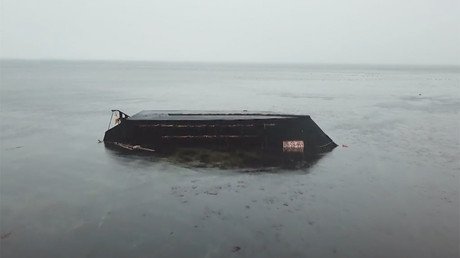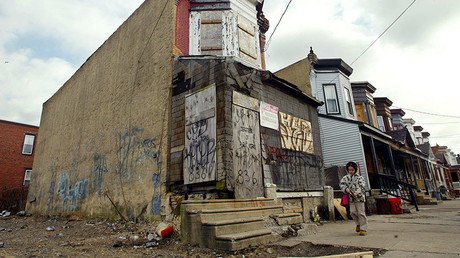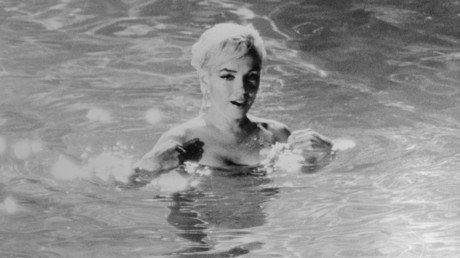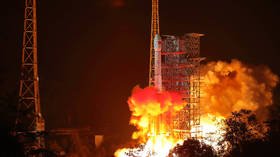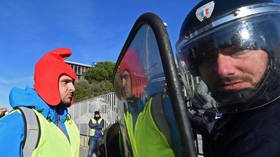Paraguay breaks diplomatic ties with Venezuela, neighbors join in condemning Maduro
Paraguayan president Mario Abdo Benítez will close his country’s embassy in Caracas and withdraw diplomats, following Maduro’s inauguration for another term in power. Other South American countries joined in condemning Maduro.
“The government of the Republic of Paraguay, [...] has decided to sever diplomatic relations with ... Venezuela, to close our embassy there and to immediately recall Paraguayan diplomatic personnel,” he said.
Benítez added that his decision will not affect the country’s “international commitments” to the troubled state and expressed solidarity with the Venezuelan people.
Shortly after Benítez' announcement, Peru followed suit, recalling its last diplomat from Caracas in protest at Maduro's “illegitimate” election. Peru's government also announced it will bar Maduro and 100 other Venezuelan officials from entering the country.
Argentina's President Mauricio Macri also denounced Maduro, writing on Twitter that Venezuela is a “dictatorship,” whose leader “tries to mock democracy.”
EL VICTIMARIO QUE SE VICTIMIZA. Nicolás Maduro hoy intenta burlarse de la democracia. Los venezolanos lo saben, el mundo lo sabe. Venezuela vive bajo una dictadura.
— Mauricio Macri (@mauriciomacri) January 10, 2019
All in all, 13 of the 14 foreign ministers of the Lima Group - formed in 2017 to oppose Maduro's government - have rejected Maduro’s return to power, claiming the country’s May 20 electoral process lacked legitimacy.
On Wednesday, Maduro responded by giving the Lima group 48 hours to rectify their position, threatening to take “corresponding diplomatic measures.”
Since taking power in 1999, the governments of Hugo Chavez and successor Nicolas Maduro have implemented socialist economic policies that saw industry nationalised, price controls implemented, and wealth redistributed. These policies are widely considered to have failed miserably.
In an economic crisis exacerbated by a worldwide drop in oil prices since 2014 and punitive US sanctions, living conditions in Venezuela have deteriorated to the point where the average Venezuelan has lost 24 pounds in body weight since 2015, food, medicine, and clean water are in short supply, and some three million refugees have fled the country.
Also on rt.com 9 Venezuelan military officers sentenced for ‘Operation Jericho’ coup plot to overthrow MaduroThe International Monetary Fund has predicted that Venezuela's inflation rate will hit ten million percent in 2019, one of the worst examples of hyperinflation in modern history.
While most of Maduro's neighbors held off attending his inauguration on Thursday, the Venezuelan leader could still count on a few allies to show up. The presidents of Cuba, Nicaragua, El Salvador and Bolivia were all in attendance.
The US, unsurprisingly, denounced Maduro's election and inauguration. Secretary of State Mike Pompeo called Maduro's election last year an “illegitimate usurpation of power,” and vowed to continue to use “the full weight of US economic and diplomatic power” to push for regime change in the Latin American nation.
The US will not recognize the Maduro dictatorship’s illegitimate inauguration. We will continue to increase pressure on the corrupt regime, support the democratic National Assembly, and call for democracy and freedom in Venezuela.
— John Bolton (@AmbJohnBolton) January 10, 2019
Maduro continues to blame the US for much of his country's ills, and last month accused leaders in Washington of plotting his assassination. In his inauguration speech, Maduro said Venezuela will continue to refuse to bow to the “imperial and hegemonic orders” of the United States.
Think your friends would be interested? Share this story!


